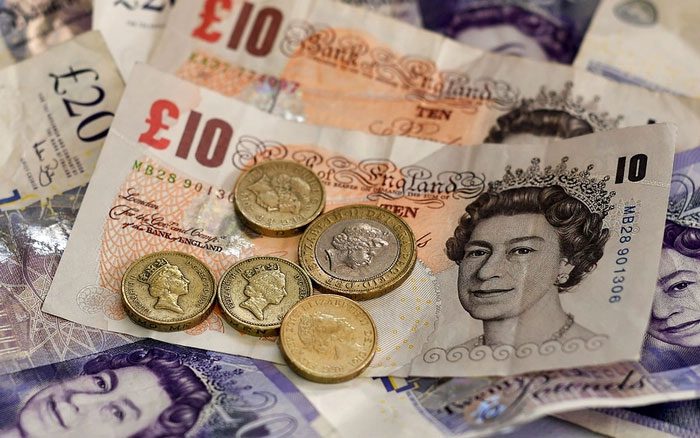The British Pound is the fourth most traded currency in the world, following the US Dollar, Euro, and Japanese Yen. The Pound is the official currency of the United Kingdom of Great Britain and Northern Ireland, along with its overseas territories.

The Pound ranks fourth in global foreign exchange trading.
The Pound was introduced in early 1158 by King Henry II. However, it was not until 1560-1561 that Queen Elizabeth I and her advisory group officially issued the Pound as a legal currency to combat inflation.
The Pound is issued in both metal and paper forms. The metal coins are produced by the Royal Mint and include denominations of 1 penny, 2 pence, 5 pence, 10 pence, 20 pence, 1 Pound, 2 Pounds, and 5 Pounds.
Among these, the 5 Pound coin is less commonly used. The paper currency includes denominations of 5 Pounds, 10 Pounds, 20 Pounds, and 50 Pounds. Each paper denomination features images of various historical figures from England on its reverse side.
The coins feature symbols such as the Tudor Rose, which is the national flower of England, the Lion, a symbolic mascot of England, the Thistle, the national flower of Scotland, and the Celtic Cross representing Northern Ireland.




















































